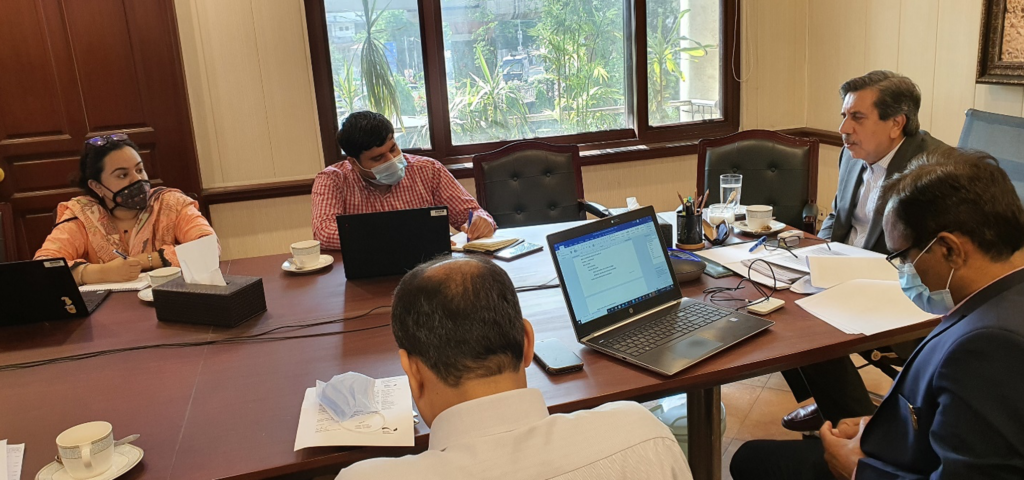In order to help Pakistan improve the circumstances for climate action for adaptation and resilience. As well as climate risk management GIZ Pakistan has established a new initiative called “Strengthening Climate Adaptation and Resilience (SAR)”. With a focus on vulnerable populations, particularly women.
The SAR Project will provide assistance to the Pakistani Ministry of Climate Change (MoCC) and other government partners across the whole planning cycle of measures. To adapt to climate change, from the creation of climate risk assessments to the testing of finance methods and instruments.
Via international and domestic climate finance, it will also support the implementation and expansion of policies at the local level.
One of the nations most impacted by climate change is Pakistan. According to the Long-Term Climate Risk Index (2000-2019) report by Germanwatch. It is the eighth most affected country in the world.
Although Pakistan contributes little to global greenhouse gas (GHG) emissions, it is regarded as a very susceptible nation. It is especially susceptible to flash floods, intense monsoon rains, cyclones, droughts.
And heat waves due to extreme weather occurrences. Furthermore, long-term droughts and flooding are both risks posed by the Himalayan glaciers melting.
Extreme weather events cause Pakistan to experience annual economic losses of over 3 billion euros. According to the Climate Risk Index Report (2000-2019).
Around 21 million people could become impoverished by 2050 in Pakistan if the country does not take action to adapt to climate change. However, the communities’ and public institutions’ technical and financial capacity to address the effects of climate change is quite poor.
The need for adaptation to climate change is heavily emphasised in Pakistan’s Nationally Determined Contributions (NDC) of 2021. The country’s strategy paper “Pakistan 2025: One Country – One Vision.”
SAR will assist the MoCC and other partners in designing and implementing measures to strengthen Pakistan’s adaptation action to climate change. However, increase its climate resilience in accordance with these papers, the new National Climate Change Policy (2021).
As well as the ongoing National Adaptation Plan process. The Project will also help the Global NDC Partnership, which was started by BMZ and other partners.
In order to comprehend the susceptibility of the major sectors impacted by climate change. SAR project will assist its partners in undertaking sector-specific analyses.
Additionally, it will assist partner institutions in developing their capacity to analyse climate risks. And properly interpret and utilise gender-sensitive climate risk data at the federal and provincial levels (Khyber Pakhtunkhwa and Punjab).
The Project will put a special emphasis on the needs of youth, women. Moreover, other vulnerable groups while institutionalising climate-related training and awareness measures in the partner structures.
Also, it will aid in the creation and testing of fresh strategies and equipment for funding climate adaption and risk management. Last but not least, it will help Pakistan access international climate money by strengthening partner institutions’ and people’ capacities to create gender-sensitive.
The climate adaptation initiatives in accordance with the metrics and demands of international climate donors.
















